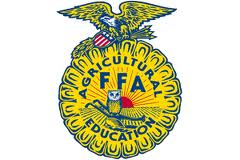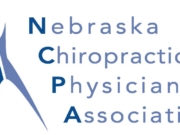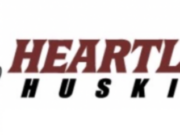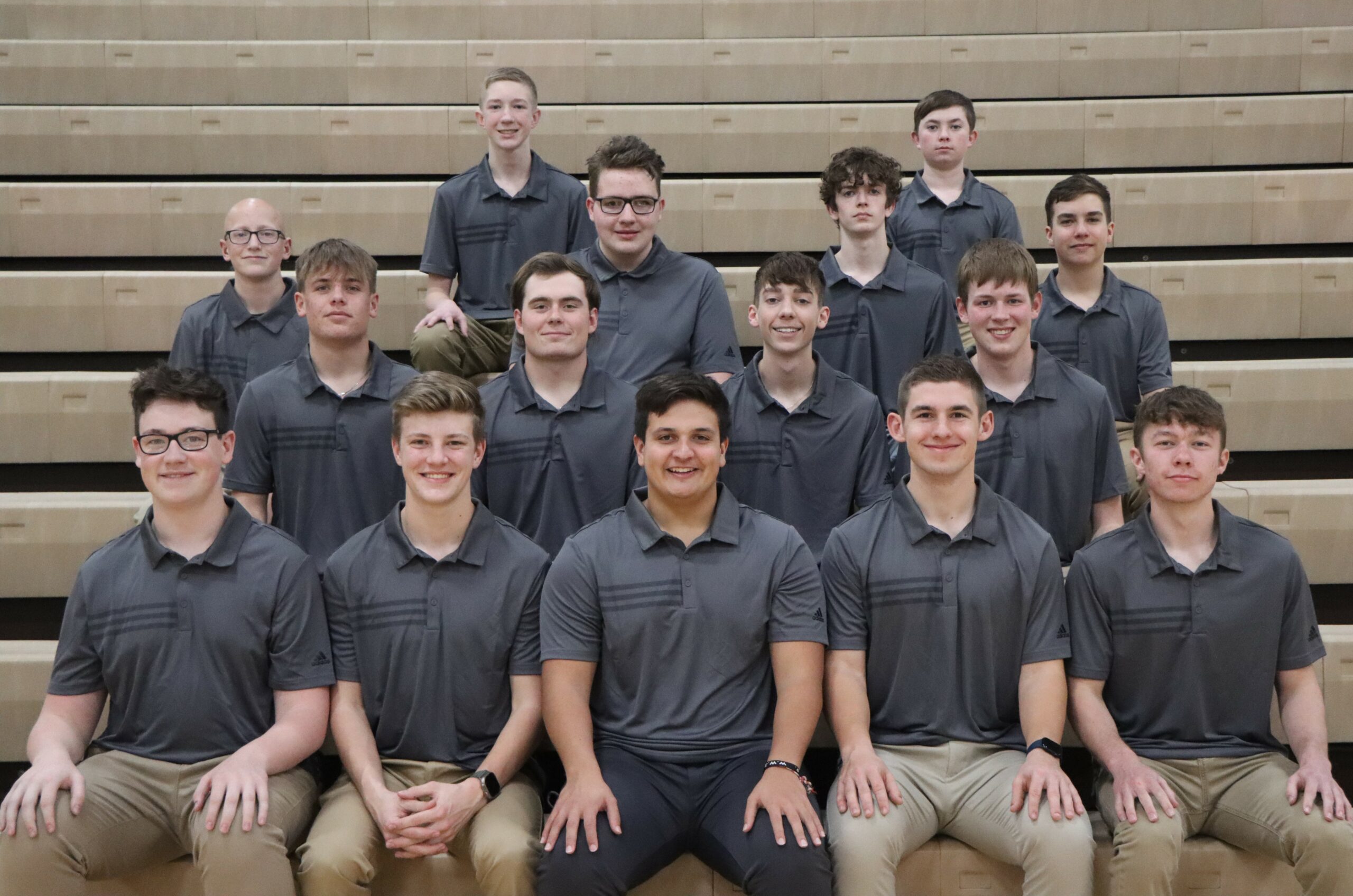Coming Events
- July 9, 8:30 a.m., Herbicide Resistance Field Day, Fremont http://agronomy.unl.edu/weedresistmgt
- July 10, 8:30 a.m., Herbicide Resistance Field Day, Lincoln http://agronomy.unl.edu/weedresistmgt
- July 14, 7:00 p.m., Extension Board Meeting, Extension Office, York
- July 17, 2:00 p.m., Horticulture Judging Contest, 4-H Building, York
- July 26, 7:00 p.m., Air Rifle & Air Pistol Contest, Cornerstone Event Center, York
- July 27, 1:00 p.m., BB Gun Contest, Cornerstone Event Center, York
- July 27, 2:00 p.m., Trap Shooting Contest, Ikes Shooting Range, York
- July 29, 8:30 a.m., 2014 Nebraska Manure Demonstration Day, Dawson Co. Fair Grounds, Lexington http://water.unl.edu/manure/nebraskamanuredemo
- July 31-August 3, 2014 York County Fair – Apple Pies & Family Ties, York Co. Fair Grounds, York http://www.yorkcountyfair.com/
Fair Time is Around the Corner
It’s hard to believe, but the York County Fair is just around the corner. We can always use more helpers especially on entry and displaying day. If you’d like to help, give me a call at 402-326-8185 or email me at gary.zoubek@unl.edu. I’m sure we can find a few jobs if you’re willing. Our superintendents can always use the extra help!
If you’re an exhibitor, stop by and pickup a fairbook and entry cards so you’ll be able to enter some of those open class exhibits. Open class entries are due on Tuesday evening July 29, from 6:00–8:00 p.m. in Ag Hall and again from 8:00 a.m.–11:00 a.m. on Wednesday July 30.
Friday, August 1, following the Cattlemen’s Steak Fry we will be announcing the Pioneer Farm Family Awards following which we will be have an ice cream feed to celebrate the Centennial of Extension. We’re inviting all our past Extension Staff members as well as Extension Board Members to help celebrate 100 year of Cooperative Extension. Our current Extension Board members and staff will be serving our Centennial Ice Cream that was developed by the Dairy Store for this occasion. I hope you’ll be able to attend.
Information about the 2014 York County Fair is online at: http://www.yorkcountyfair.com/
Cropping Update
The year continues to be an unusual one. High temperature that average 80° F and lows that average 60° F the end of June first few days of July is rather uncommon as is 49.9° F for the morning low one day. And as expected things changed over the 4th of July weekend! Sunday was extremely hot and humid with a high temperature in York of 98° F. Hopefully things will return to more like normal temperatures and humidity the next few weeks.
The high humidity has kept the crop water use or ET lower than what we’d typically expect. This past week, the ETgage I monitor have dropped an average of 1.50†for the past week. So for the earliest planted corn the water use was 1.5 x .88 or 1.32†for the week. I also have sensors installed in several corn and soybean fields. In the cornfields the sensors are reading an average of 35 to 40 so we have nearly a full profile while the soybean fields I’m monitoring are even a little wetter. Hopefully we’ll receive a little more moisture the next few days, but it’s great to be after the 4th of July and not having had to irrigate this season.
For the latest ET information go to: http://water.unl.edu/nawmn. Then click on the ETgage tool. The blue balloons are the automatic weather station information while the red balloons are those that volunteers are posting. I created a quick link to that info, it is: http://go.unl.edu/qqrx. I’m posting information for four sites each Monday in York County. I hope you’ll check out this info on a regular basis.
If you have questions about ET or Watermark Sensors, don’t hesitate to contact me my email address is gary.zoubek@unl.edu.
Herbicide Resistance Field Days
UNL Extension will be hosting free herbicide resistance field days in the Fremont area and in Lincoln on July 9Â and 10. Each day begins with registration at 8:30 a.m. followed by the program from 9:00 a.m. to 1:30 p.m. Topics include field study tours of: Glyphosate dose response on waterhemp; Understanding weed biology for most effective control; Application technology for optimal herbicide performance; Volunteer crop management; Integrated Management Studies including Roundup Ready systems, Liberty Link systems, and Importance of soil residual herbicides for effective control of glyphosate-resistant species.
There is no charge to attend, but please register by going to: http://agronomy.unl.edu/weedresistmgt or you can also directly call Lowell Sandell at (402) 472-1527 or Amit Jhala at (402) 472-1534. For the Fremont location: Parking is not available at the site. Please park in the Fremont Tractor Supply parking lot, 2350 E. 23rd Ave. N., (next to Walmart), and shuttle buses will transport you the 1.5 miles to the field day site. For the Lincoln location, the UNL Agronomy Farm is located on the southwest corner of 84th and Havelock streets.
Crop Management Diagnostic Clinic Planned
I’d like to remind area Agribusiness professionals and crop producers about the UNL Crop Management Diagnostic Clinic planned for July 17. The UNL Extension clinic begins with 7:30 a.m. registration at the Agricultural Research and Development Center near Mead and starts at 8:00 a.m.
This year’s crop management and diagnostic clinics will include one-on-one attention, on-site plot demonstrations, interaction with other participants, discussions about cutting edge research and an opportunity to earn continuing education credits through Certified Crop Adviser (CCA) program.
Program Topics on July 17 include:
• Selecting Cover Crops and Comparing Seeding Methods
• Use of Herbicides for Resistant Weed Management in Soybeans: Now and in the Future
• The Herbicide Mode of Action Challenge
• Crop Scene Investigation (CSI)
• Building Skills to Diagnose Field Problems
• Agronomics and Economics Behind Corn, Cover Crops and Cattle
• Corn Hybrid Placement
Registration and Credits
Six Certified Crop Adviser credits (soil and water management – 1.0, crop management – 2.5, and pest management – 2.5) have been applied for and are pending approval for this clinic. Early registration is recommended to reserve a seat and resource materials. Cost for one clinic is $160 for those registering one week in advance and $210 after.
For more information or to register, contact the ARDC CMDC Programs, 1071 County Road G, Ithaca, NE 68033, call 800-529-8030, fax 402-624-8010, email cdunbar2@unl.edu or visit the web at http://ardc.unl.edu/training.shtml.
2014 Nebraska Manure Demonstration Day
The 2014 Manure Demonstration Day will focus on the manure industry in the state of Nebraska. Participants can view vendors, demonstrations and will have opportunities to learn more about manure management and handling.
The event combines three attractions into one event: 1) See the latest manure handling equipment; 2) Watch live demonstrations; 3) Learn up-to-date information on manure management.
Planned education topics include: PEDV, composted manures, using manure on crops, mortality composting, and soil health following manure application. This demonstration day is designed for producers, professional manure handlers & applicators, crop consultants, compost managers, custom operators, ag support industry, and agency personnel.
For more information or to register go to: http://water.unl.edu/manure/nebraskamanuredemo
Lawn and Garden
Each week I monitor an ETgage or Atmometer near the Extension Office. It’s kind of like a reverse rain gauge. It measure the water that evaporates out the ceramic top and is an estimate of turf water use. This past week it dropped 1.25 inches for the week. Typically for turf we assume an effective roots system of 1’ to 1½’, so we have 1.5 to 2.25†of water that’s available to the turf. That’s different than corn or soybeans which has a 3’ root system and 3.5 – 4.0†of available water.
This time of year it’s important to mow on a regular basis with a sharp mower blade and try and avoid adding additional stress to the turf.
So what can we expect for July? Long term, the national climate prediction center projects July will bring average precipitation with a slight chance of below-normal air temperatures. Our Turfgrass Extension Specialist Bill Kreuser, indicated that from a turf management prospective, we’ll cross our fingers and gladly welcome a cooler July with frequent but average precipitation. Only time will tell.
Have you had a history of grubs in your turf? Our turf specialists indicate that applications of insecticides for preventive control of white grubs can be applied now through late July or possibly early August when using insecticides like clothianidin (Arena and others), imidacloprid (Merit, Imidicloprid and others) or thiamethoxam (Meridian) .
In a turfinfo update they also indicated that “With the newer active ingredient, chlorantraniliprole (Acelepryn), applications should already have been applied. Table 1 lists a summary of white grub control from applications made throughout the summer and it clearly shows that application windows are very wide for white grub control. However, when averaged over insecticide and rate, July applications produce slightly better control than any other month. This suggests these insecticides are likely breaking down when applied earlier than July and are slightly less effective on older larvae when applied after July. For curative controls where damage is seen in August or September, trichlorfon (Dylox), will provide the most effective control. Regardless of product, best results ALWAYS are achieved when insecticides are watered in shortly after application.â€
For more information and a summary of white grub life cycles, IDs and control go to: http://turf.unl.edu/pdfctarticles/maygrubs.pdf


































